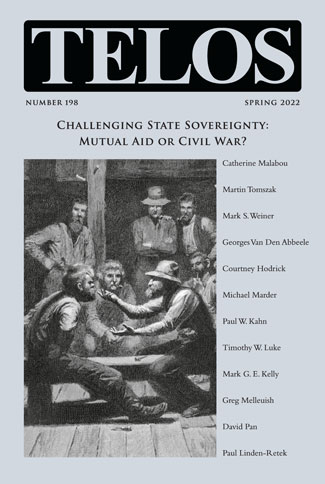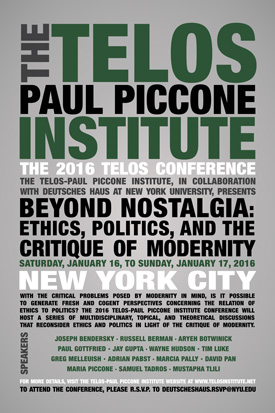Argentina was among the wealthiest economies at the beginning of the twentieth century, according to the “Argentine Paradox” case study by Harvard Professor Rafael di Tella and New Change FX Chief Operations Officer Ingrid Vogel. The authors claim that under the global gold standard, international capital flooded into the country to exploit the unbounded investment opportunities. The economy maintained an average annual inflation rate of just 1.5 percent for fifty years after 1890. Parallel to low inflation, from 1900 to 1930, Argentina’s economy grew at an average annual rate of 4 percent—faster than the United States, Australia, or Canada. However, over the turn of the new millennium, Argentina no longer featured among the group of richest nations but rather languished toward the bottom of the middle-income group. This demise came despite the country’s natural resources and fertile land, the large flows of ambitious immigrants, and the high level of education. The political development of Argentina during this period had gone through several phases. Among the dominant figures were President Juan Domingo Perón and his charismatic wife Evita. Their populist policies had fundamentally shaped Argentina’s political, economic, and social evolution. Among the most notorious and devastating is a trade and economic policy that advocates replacing imports with domestic production known as industrialization through the substitution of imports. In addition to closing the economy to foreign trade mainly by increasing tariffs and quotas (including export tariffs), a variety of private companies and natural resources were nationalized.
|
Telos 198 (Spring 2022): Challenging State Sovereignty: Mutual Aid or Civil War? is now available for purchase in our store. Individual subscriptions to Telos are also available in both print and online formats.
In spite of this fragmentation, though, there are two main concerns that are shared. In the first place, there seems to be a general recognition among these different perspectives that the inhabitants of a state are not completely homogeneous and that the internal heterogeneity of a state should be at least in part the basis for domestic order. If libertarians prefer market-based structures and traditional conservatives look to family and religion, liberals seem to have gravitated toward identity-based groupings, and anarchists might prefer mutual aid organizations as independent places of sovereignty within which individuals can define themselves. The disagreements concern the type of heterogeneity that is being called for as well as the precise mechanisms for supporting diverse organizations within the state. This article argues that after more than two centuries, our system of justice is no longer functioning as intended by its founders. I argue that this breakdown can be ultimately traced to a philosophical dilemma at the heart of American civilization: the assumption that economic self-interest can by itself sustain ethical care for a common good. In treating economic freedom as a moral absolute, the American right has misconstrued the practical purpose of freedom and undermined justice and equality for all. In contrast to the ahistorical claim of libertarians that economic freedom should be treated as a moral value, the goal of the founders of the United States was very concrete: enabling most citizens to get basic economic needs met in peace and security. Free and open elections and a system of checks and balances would motivate the naturally more powerful to manage their own passions in ways that contributed to a common good. By contrast, in unchecked political systems that arose by the struggle for dominance among the powerful few, the de facto rulers lacked any motive to act in ways that were consistent with the interests of the average citizen. As Thrasymachus claims in Plato’s Republic, they habitually wrote laws that benefited themselves at the expense of everyone else. Telos Press Publishing is pleased to announce that Ernst Jünger’s Eumeswil is now available for purchase. Order your copy today in our online store. Eumeswil Translated by Joachim Neugroschel
|
||||
|
Telos Press Publishing · PO Box 811 · Candor, NY 13743 · Phone: 212-228-6479 Privacy Policy · Data Protection Copyright © 2024 Telos Press Publishing · All Rights Reserved |
||||

 Introduction
Introduction 
 Telos Press is pleased to announce the publication of Ernst Jünger’s The Forest Passage, now available for purchase in our
Telos Press is pleased to announce the publication of Ernst Jünger’s The Forest Passage, now available for purchase in our 






